In Return to Bebbanburg, the battle may be over, but the real war is just beginning. This imagined follow-up to Seven Kings Must Die explores what happens after the sword is sheathed — when a warrior must become a ruler, and a legend must become a man again.
Following Uhtred of Bebbanburg’s (Alexander Dreymon) victorious reclaiming of his ancestral fortress, this story delves into the consequences of power, the cost of peace, and the legacy one man leaves behind in a fractured land.
Set several months after the death of King Edward and the conclusion of Seven Kings Must Die, Return to Bebbanburg sees Uhtred finally ruling his birthright — Bebbanburg — as Lord Protector of Northumbria, the last territory not yet absorbed into the united kingdom of England.
Though weary of war, Uhtred finds no rest. With Aethelstan now crowned king, England’s future seems secure — but tensions rise in the north. Scotland's king eyes Northumbria, and Norse raiders once again stir across the sea. Inside Bebbanburg, Uhtred must balance Saxon loyalty, Danish identity, and uneasy alliances with emerging nobles who resent his independence.
Meanwhile, a shadow from Uhtred’s past returns: Skorpa’s bastard son, seeking revenge for his father's death at Uhtred’s hands long ago. Trained in Norse warfare and fueled by vengeance, the younger Skorpa gathers rebel lords, Scotsmen, and Viking warbands to drive Uhtred from the fortress once again.
In a twist of fate, Uhtred’s own son Osbert must choose between duty and legacy — whether to fight beside his father or secure a more peaceful future under Aethelstan’s rule.
While The Last Kingdom has always delivered thrilling battles and bloody skirmishes, Return to Bebbanburg is as much about internal conflict as it is about war. Uhtred, now older and tired, must become more than a warrior. He must become a statesman, a father, and a bridge between old gods and a new Christian England.
The central question of the film is: Can a man built for war build peace? Uhtred has always fought for Bebbanburg — but keeping it may require sacrifices he never imagined. Political marriages, the suppression of uprisings, and betrayal from within his walls all threaten to undo everything he fought for.
It’s a film about transition — from pagan to Christian, from warrior to ruler, from Saxon-Dane to Englishman.
-
Alexander Dreymon gives a nuanced performance as Uhtred. No longer the brash young man of the early series, he’s now quiet, contemplative, but no less dangerous. His stillness speaks volumes, and when he finally draws his sword again — it’s earned.
-
Harry Gilby as King Aethelstan plays a more conflicted monarch than before, pulled between loyalty to Uhtred and his duty to unite the land under the Christian crown. Their bond — once strong — begins to fray as the crown’s needs begin to outweigh friendship.
-
Newcomer Rasmus Thorsen is terrifying as Skorpa’s son, a villain with depth, ideology, and charisma. He believes Uhtred is a relic of a divided world, and that violence is the only truth in a land of shifting lies.
-
Ruby Hartley returns briefly as Stiorra in flashbacks and visions, reminding Uhtred of all he’s lost — and why peace matters.
Directed by Edward Bazalgette, the film retains the grounded brutality that made The Last Kingdom so compelling. Battles are grim, personal, and often fought with more sweat and grit than glory. But the film smartly holds back on action until its final act — where Uhtred must once again defend Bebbanburg in a siege that rivals anything in the series.
Using fire, deception, and knowledge of the fortress’s ancient design, Uhtred turns home into a weapon. It's not just brute strength — it's intelligence, tactics, and trust.
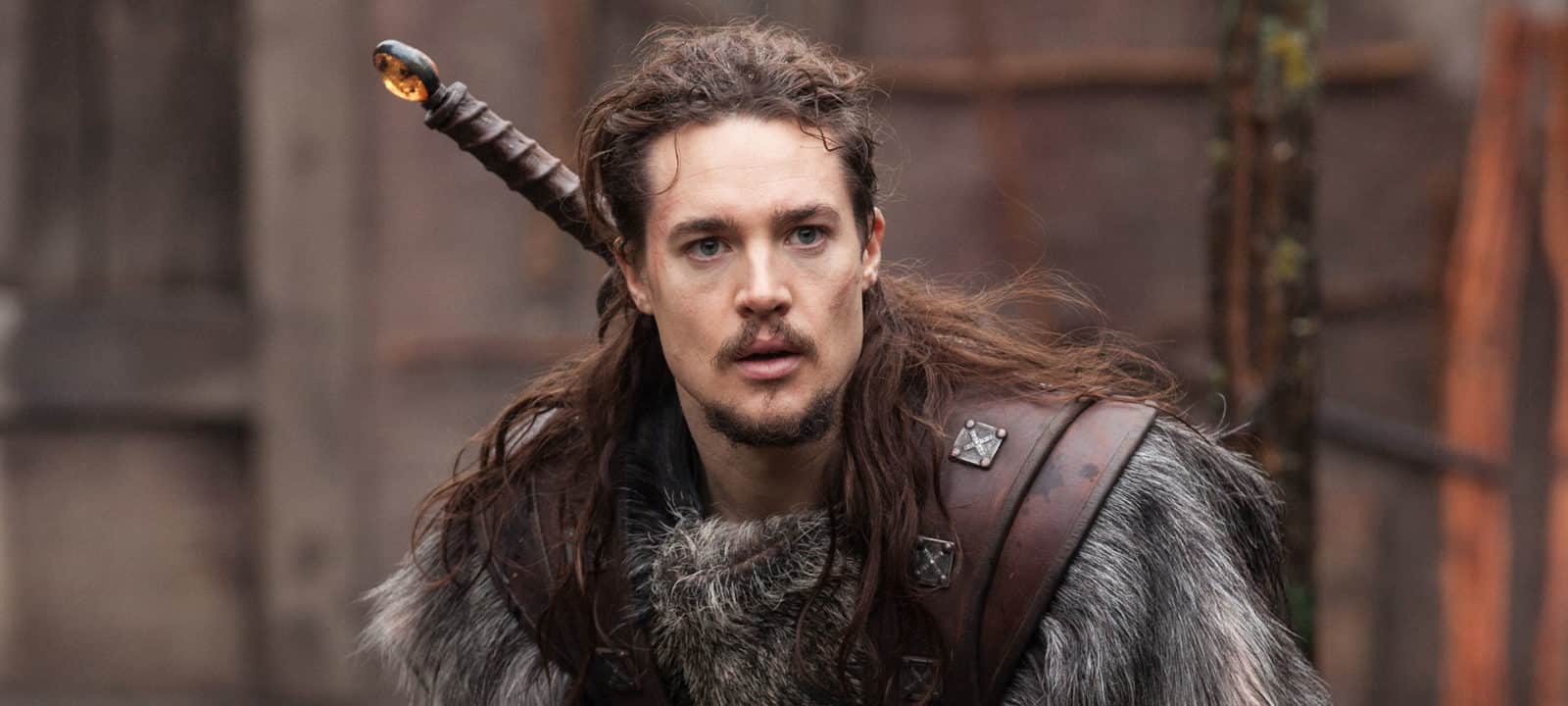
In the final scenes, Uhtred — wounded but victorious — signs a treaty with Aethelstan, ceding Northumbria to England in exchange for local autonomy and the protection of his people. It’s a political move he never would have accepted in his youth, but one he now understands as necessary.
Rather than dying in battle as he once expected, Uhtred lives to watch peace bloom, even if it costs him power. His final line — “I have not given up my sword. I have simply passed it on.” — serves as a thematic bookend to his long journey.
Return to Bebbanburg is not just a sequel — it’s a farewell. A meditation on identity, home, and the changing tide of history, it offers fans a satisfying, mature continuation of Uhtred’s story while leaving room for new legends to rise.
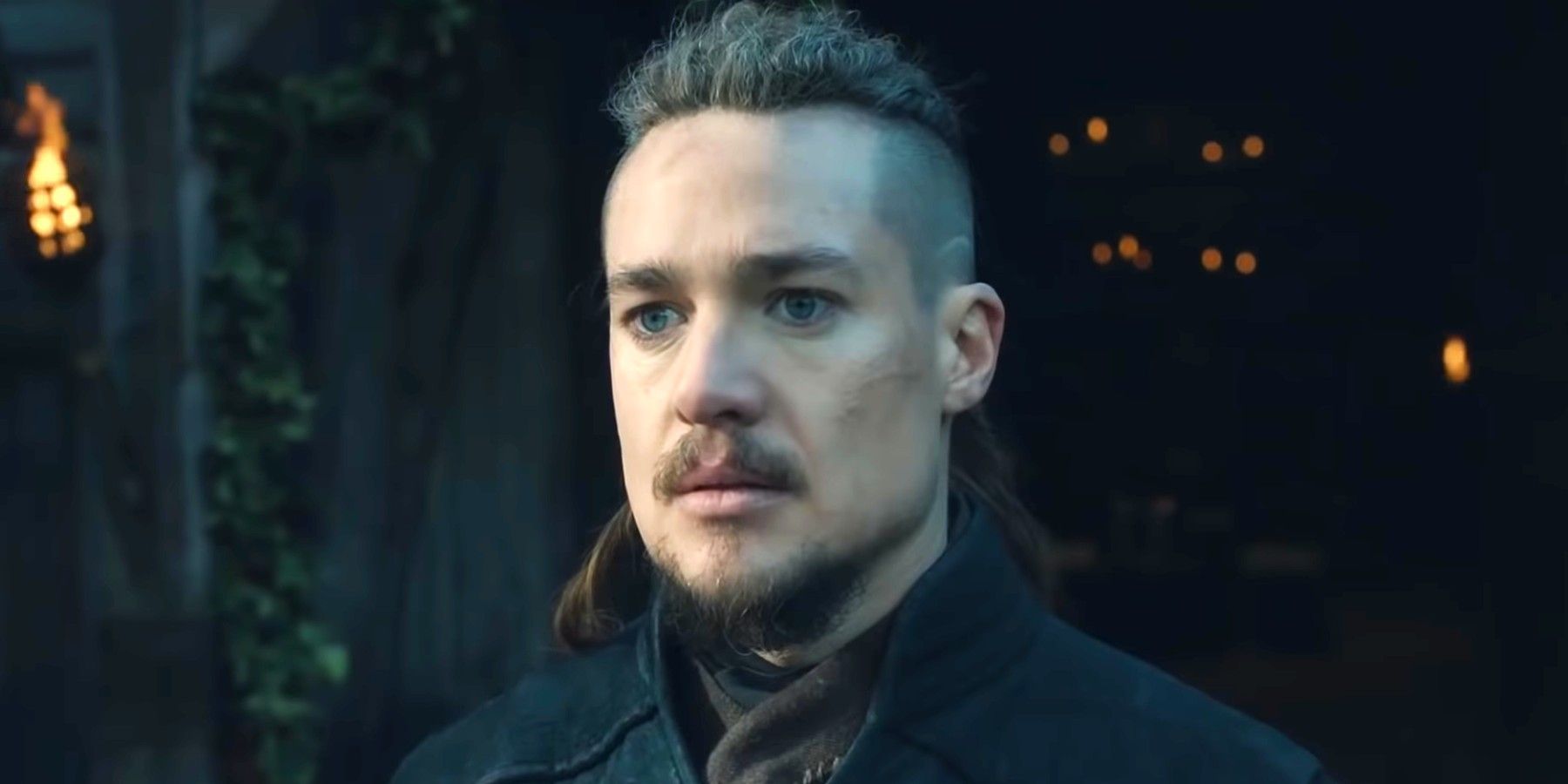
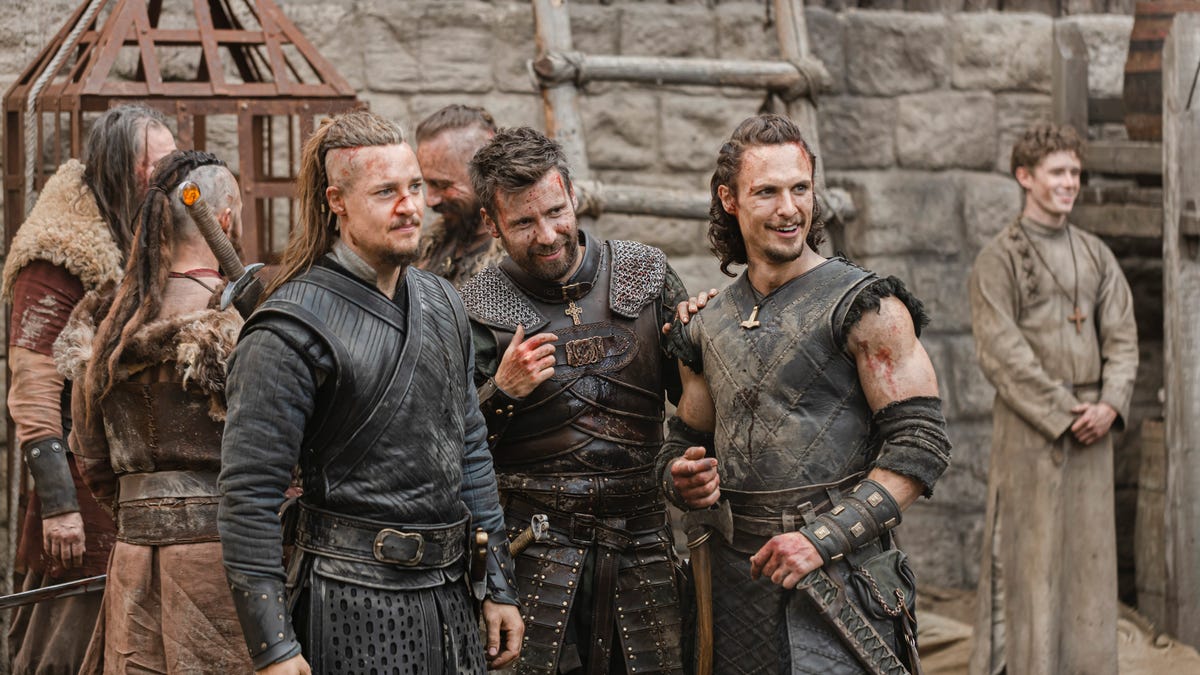
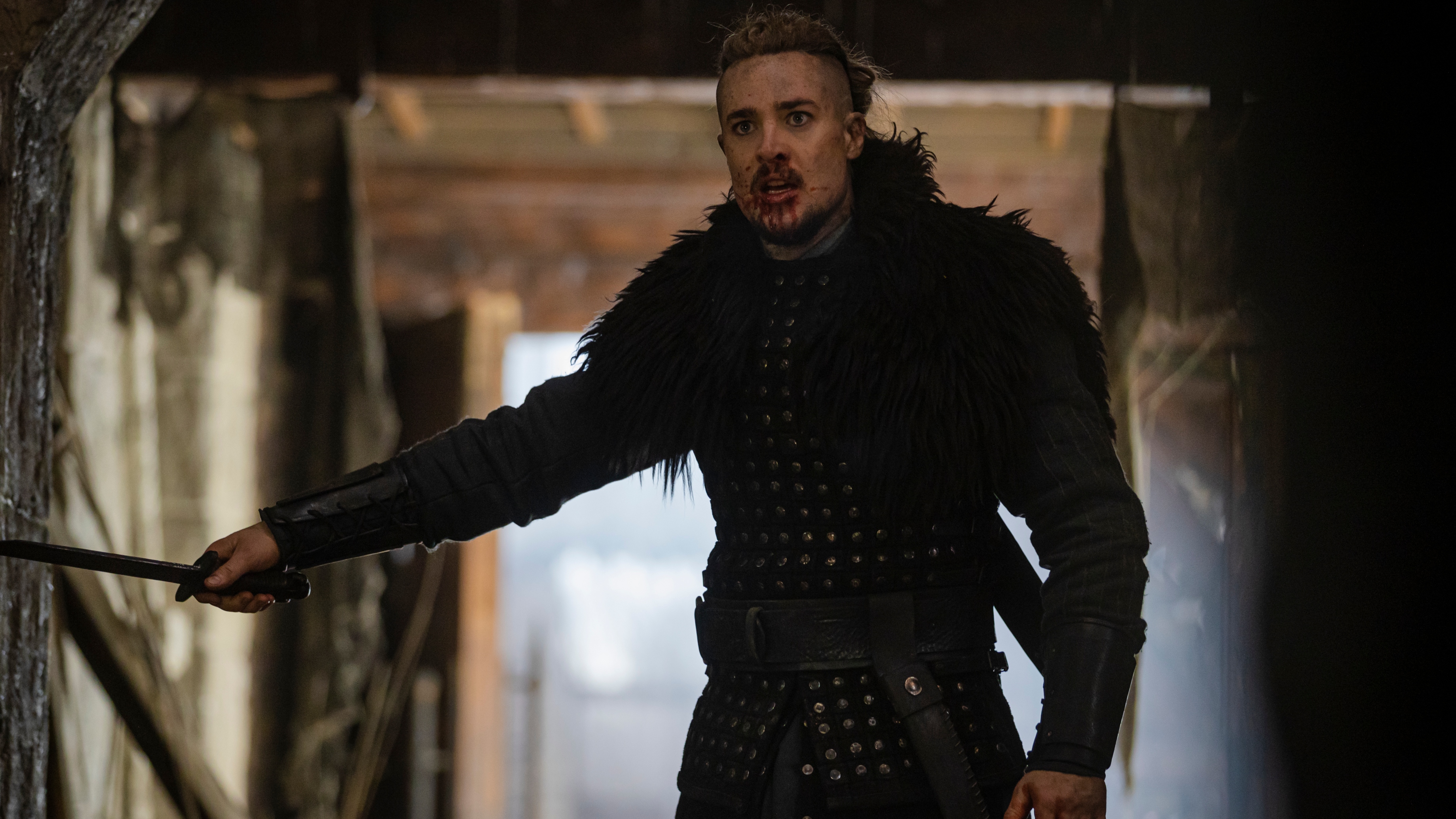
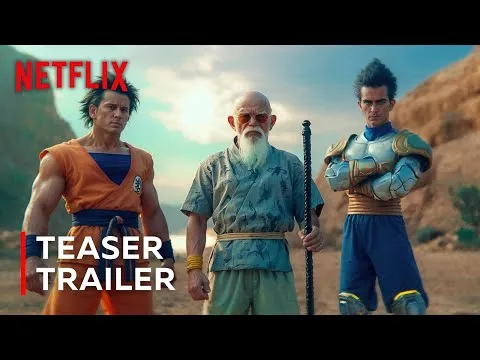
-1751100889-q80.webp)
-1751439670-q80.webp)
